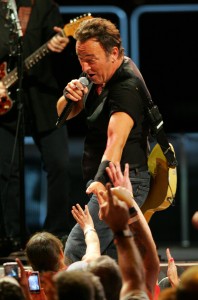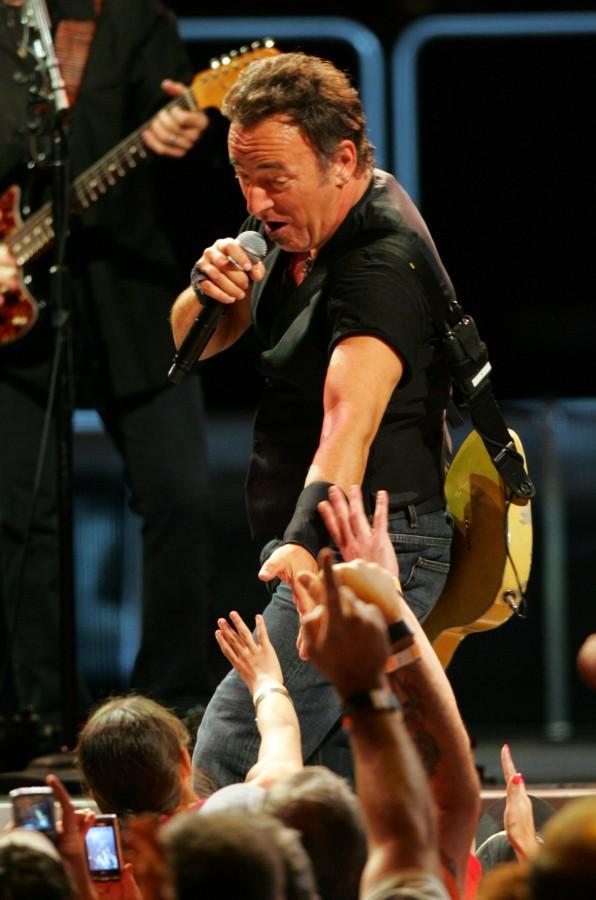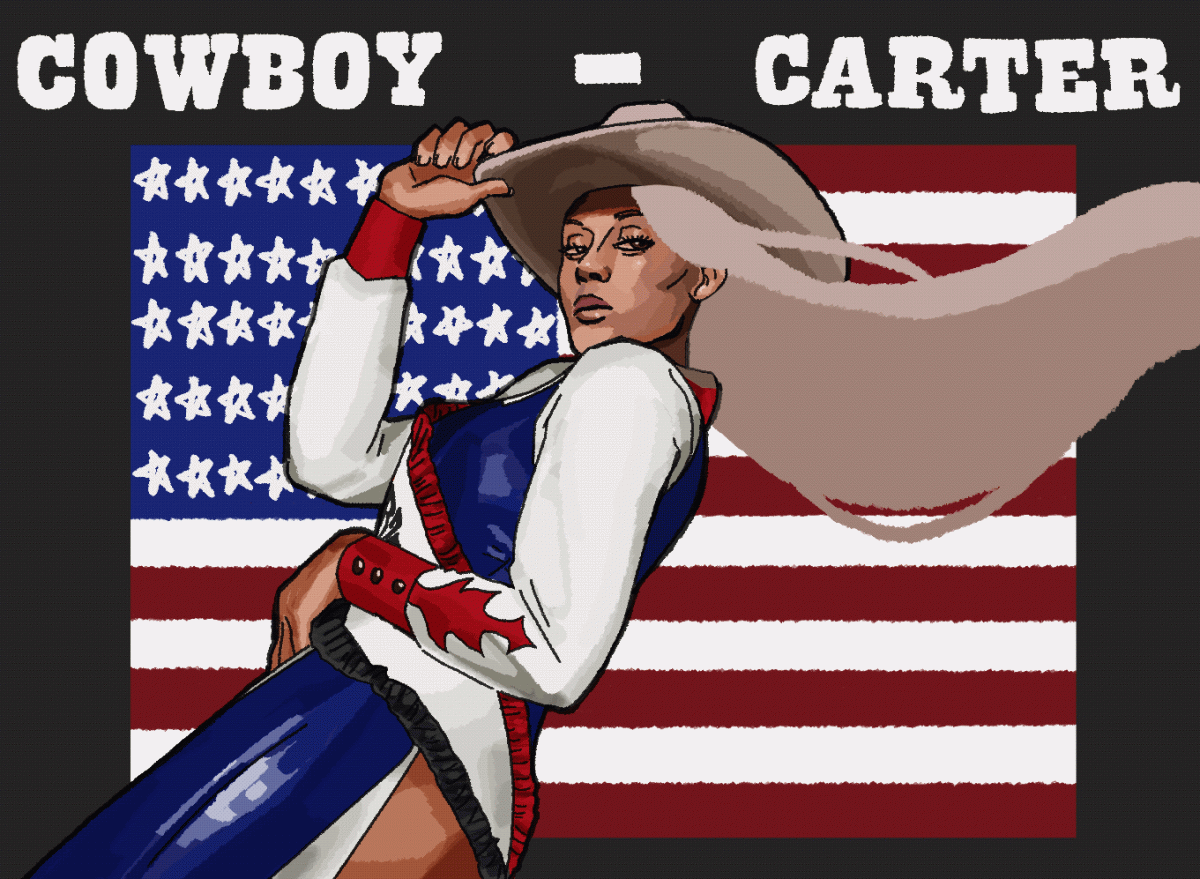By Ben Cowlishaw
Online Copy Editor
It is not often that a musician, or any facet of pop culture for that matter, can hold relevance across several generations. Bruce Springsteen is one of those artists as the release of his new album “Wrecking Ball” proves that he was “Born to Run” this industry.

There are pictures of my dad when he was my age, guitar in hand, jamming out to The Boss. Despite all that has changed since the 1970s, Springsteen has stayed not only relevant, but of much significance in rock. He has crossed several subgenres of rock, from his heartfelt Americana to stadium rock anthems and jazzy rock ballads.
In “Wrecking Ball,” Springsteen sounds older and more subdued. The album is reminiscent of the late work of Johnny Cash, when Cash left behind his early-rooted rock-and-roll sound for a somber, jaded tone that conveyed much more emotion in his music than his earlier work.
“This Depression” defines this aspect of the album. In this song, Springsteen confesses his loneliness and depression to someone he needs to get him through it: “I need your heart in this depression.” This is perhaps the darkest Springsteen has gone in most of his career.
The album opens with “We Take Care Of Our Own,” the song most like his earlier work. It takes after “Born in the USA,” as Springsteen releases his frustration with government and politics in a pseudo-pro-government anthem. Springsteen claims, “wherever this flag is flown, we take care of our own,” although he more or less is saying that we should, but we fail to.
This political stance often taken by Bruce is seconded by “Death to My Hometown,” where Springsteen protests the corruption and economic unaccountability of much of the country. His “hometown” is America, and he sings “the greedy thieves that came around… whose crimes have gone unpunished now” who brought “death to our hometown.”
The title song “Wrecking Ball” is a challenge by Springsteen to anyone who thinks they can take on him and his home state of New Jersey. “Take your best shot, let me see what you’ve got, bring on your wrecking ball,” he proclaims in the song. He reflects on his home state and how it affected him as he grew up, the good and the bad, “through the mud and the beer, and the blood and the cheers, I’ve seen champions come and go.” Springsteen has always been, for lack of a better word, a hard-core New Jerseyite; he has included themes of his everyday life growing up in the Garden State tucked in most of his albums.
Much in the style of the aforementioned title track, this album is very much a recap, a closing and a continuation of many of the various styles and topics he has covered throughout his career. Arguably one of his best albums in his extensive discography, “Born in the U.S.A.” calls for much comparison to Springsteen’s latest release; “Wrecking Ball” mirrors “Born in the U.S.A.” themes of economic stress and frustration, and also echoes the timeliness of the album’s release: “Born to Run,” released in 1984, came in a heavy election year in the middle of an economic recession.
There comes a point when the listener wants to say “OK Bruce, we get it, give it a rest,” but those thoughts, if they come at all, vacate quickly. Many musicians run past the expiration of their relevance (can’t U2 just be done already?), but not Bruce. Not now, not soon. He, in the likes of Johnny Cash, will be going until he’s gone.















